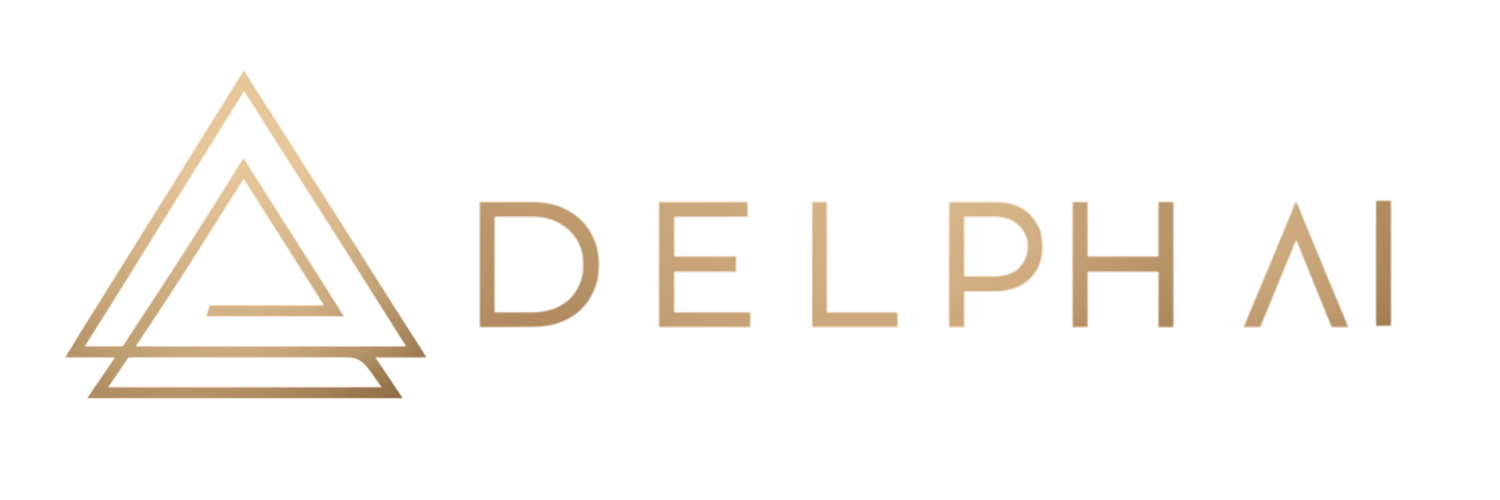What is an AI Oracle?
An AI oracle is a system that uses artificial intelligence to fetch real-world data and resolve onchain prediction markets automatically. delphAI combines:- AI agents that understand questions and fetch relevant data
- Smart contracts that enforce resolution onchain
- Cryptographic proofs that verify data authenticity
Why AI for Oracles?
Traditional oracles rely on humans or simple scripts. AI oracles offer unique advantages:Natural Language Understanding
AI can parse complex questions and understand resolution criteria written in plain English
Multi-Source Verification
AI can query multiple data sources simultaneously and cross-verify information
Context Awareness
AI understands nuance and can handle edge cases that simple scripts would miss
Adaptive Learning
AI improves over time based on resolution history and feedback
How delphAI Works
Architecture Overview
Resolution Process
Schedule Registration
When a platform requests resolution:delphAI registers the market and schedules the AI agent.
Automated Trigger
At the exact resolution time:
- Blockchain triggers the oracle contract
- Oracle activates the assigned AI agent
- No human intervention needed
Data Collection
The AI agent:
- Parses the resolution criteria
- Identifies required data sources
- Queries APIs (CoinGecko, news APIs, etc.)
- Collects multiple data points for verification
AI Analysis
The AI evaluates the data:
- Applies logic from resolution criteria
- Cross-references multiple sources
- Checks for anomalies or inconsistencies
- Calculates confidence score
Data Sources
delphAI’s AI can access various types of data:Financial Data
Cryptocurrency Prices
Cryptocurrency Prices
- CoinGecko: Comprehensive crypto price data
- CoinMarketCap: Market cap and price information
- DEX Aggregators: Onchain price feeds
- CEX APIs: Binance, Coinbase, Kraken
Traditional Finance
Traditional Finance
- Stock APIs: Yahoo Finance, Alpha Vantage
- Forex: Exchange rate providers
- Commodities: Gold, oil, wheat prices
- Economic Indicators: GDP, unemployment, inflation
Sports & Events
Sports Results
Sports Results
- Official League APIs: NBA, NFL, FIFA
- Sports Data Providers: ESPN, The Sports DB
- Live Score APIs: Real-time game data
Entertainment
Entertainment
- Box Office: Movie revenue data
- Streaming: Netflix/Spotify charts
- Awards: Oscar, Grammy, Emmy results
Real-World Data
Weather & Climate
Weather & Climate
- Weather APIs: OpenWeatherMap, NOAA
- Climate Data: Temperature, precipitation
- Natural Events: Hurricanes, earthquakes
Political & Social
Political & Social
Onchain Data
Blockchain Events
Blockchain Events
- Token Transfers: Whale movements
- Smart Contract Events: Protocol actions
- DeFi Metrics: TVL, volume, fees
- NFT Sales: Floor prices, volume
AI Capabilities
Natural Language Processing
The AI can understand complex questions: Simple: “Will BTC reach $100k?”- Direct price check
- Requires historical data scanning
- Time range analysis
- Peak detection
- Requires counting wins/losses
- Calculating percentage
- Understanding sports seasons
Multi-Source Verification
For critical resolutions, AI queries multiple sources:Edge Case Handling
AI can handle unexpected situations:Data Source Down
Automatically falls back to secondary sources specified in criteria
Ambiguous Outcome
Flags market for manual review if confidence is too low
Partial Data
Attempts to infer outcome from available related data
Contradictory Sources
Applies weighting based on source reliability
Confidence Scoring
Every resolution includes a confidence score:| Score | Meaning | Action |
|---|---|---|
| 95-100% | Certain | Auto-resolve immediately |
| 80-94% | High confidence | Auto-resolve with proof |
| 60-79% | Moderate | Flag for verification |
| 0-59% | Low confidence | Escalate to dispute |
- Source agreement (all sources say same thing)
- Data quality (official vs unofficial)
- Criteria clarity (unambiguous vs vague)
- Historical accuracy (source reliability)
Security & Trust
How to Trust AI Resolutions?
Transparent Data Sources
Transparent Data Sources
Every resolution includes:
- List of APIs queried
- Exact data received
- Timestamps of queries
- Source URLs
Cryptographic Proofs
Cryptographic Proofs
AI submits cryptographic proofs:
- Data signatures from sources
- Hash of raw data
- Proof of execution
Dispute Mechanism
Dispute Mechanism
If resolution is contested:
- Users can stake tokens to dispute
- Community reviews the data
- Potential re-resolution if error found
- Disputer rewarded if correct
Reputation System
Reputation System
AI agents have reputation scores:
- Based on resolution accuracy
- Disputed resolutions lower score
- High-reputation agents get more markets
Limitations & Risks
Best Practices for Platforms
When integrating delphAI:Write Clear Resolution Criteria
✅ Good Example:Specify Reliable Sources
- Use established, reputable data providers
- Specify exact API endpoints when possible
- Provide backup sources for redundancy
- Avoid sources known for downtime
Set Appropriate Resolution Times
- Allow sufficient time for data to be available
- Consider timezone differences
- Account for API update delays
- Avoid microsecond-level precision unless necessary
